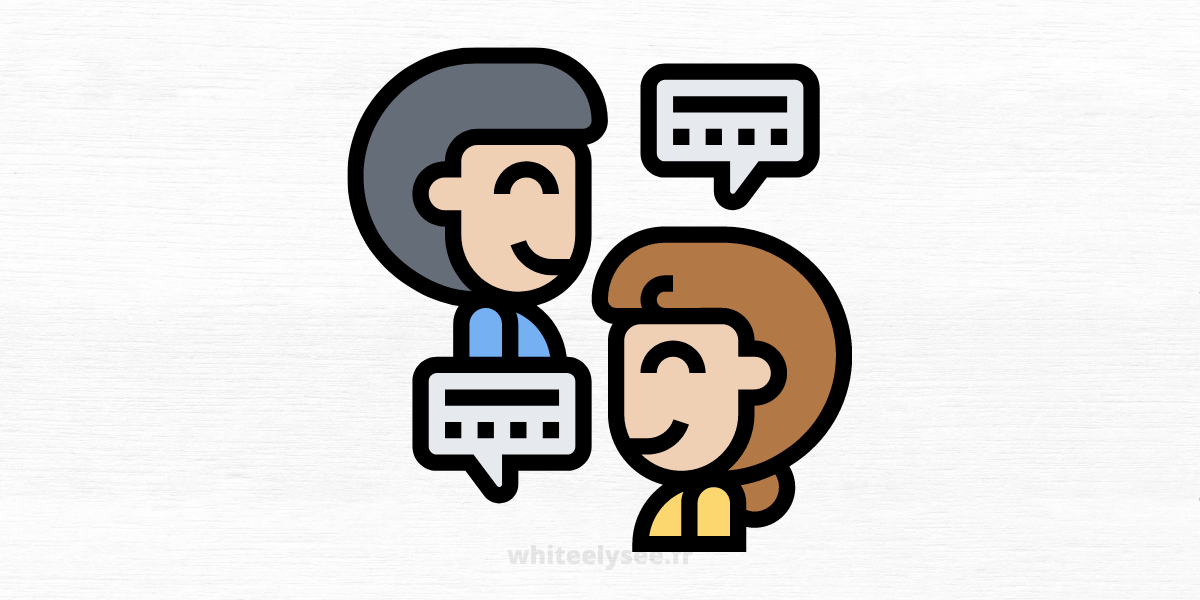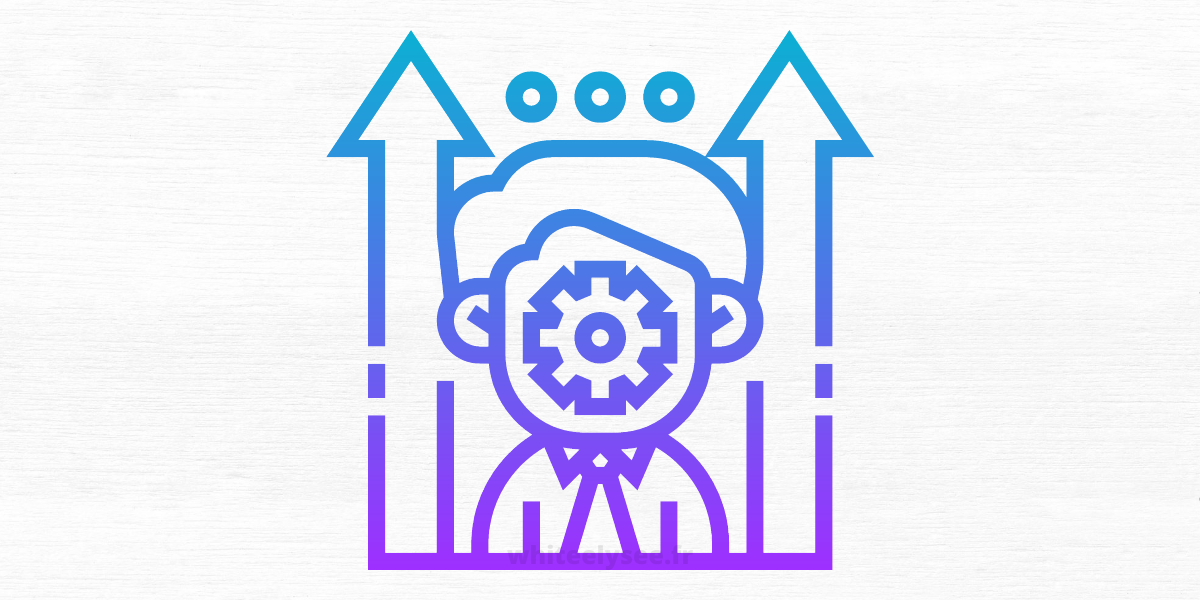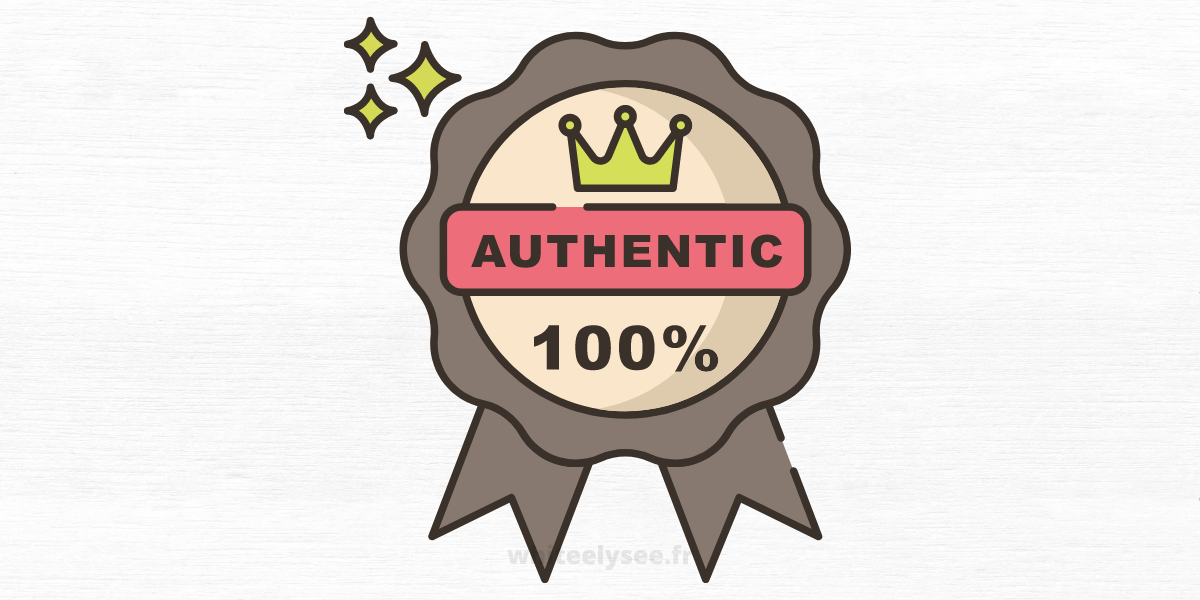
Trust is the most potent word an organisation can use today. You either have it with customers and employees, or you don’t. You can’t have 60% trust and 40% distrust. Once you have it, it is possible to make it stronger and more potent by establishing it with your customers. Trusted organizations must communicate this clearly with their customers. Customers respond in many ways.
What is the “moment” that a customer experiences when they first interact with your company (it doesn’t have to be a sale)? Do they feel they can trust you? This is an important question that every business must answer. Most businesses don’t know they are sending this message to customers.
What is it that makes companies send DISTRUST messages?
These are some of the reasons customers may be sceptical about your company.
They are ignored by employees upon their first contact, signalling that they aren’t as important as the other issues.
To get attention, the employee will tell them things that they instinctively know are false. If it seems too good to be true, it probably is.
Employees promise quick results, but they don’t keep their word, or the customer thinks they won’t be able to keep them.
With the intention of making customers feel stupid, employees ask “trapping questions”. This leads to them being forced to answer no.
Before asking any qualifying questions, employees already know the answer.
These are just a few of the many ways customers distrust you and your company. One of the most common examples is the “used/new vehicle salesperson”, “timeshare salesperson”, or “mattress salesperson”, among many other stereotypes that we have built-in our minds. These people are programmed to distrust you, so you should be careful when you go into these businesses. They will lie to you in order to make a sale, so you won’t believe what they say without further research.
These extremes are not uncommon in business. Although they may not be as extreme as the others, these are ways to cause distrust in customers. This is a mistake that companies make, whether they know it or not. You have to earn your way back from zero if you want to be “10 points behind” competitors. It is necessary to return to the point that they were neutral in evaluating whether or not to trust you.
Another problem for companies is their competition. What happens if your customers aren’t sure of your competitors? This is a common situation where you can be accused of being “guilty associative” in trust issues. Regardless of whether you do the same thing as your competitors, you already have trust issues. This is a dangerous place to be, especially if trust is your strength. Consider the car dealer. What if your customers trust you? It is challenging to be a car dealer in an industry that is so contaminated with unethical people… it is more challenging than in other industries.
What is it that companies do to communicate TRUST?
These are some of the factors that will make a customer trust you immediately.
Every employee greets the customer (with each interaction) warmly, sincerely and in a manner that shows interest. Not sales.
The employees immediately show interest in the individual and their situation and care about them.
The employees ask sincere questions to demonstrate that they care about the customer more than the sale.
To show they care, they use simple words like “help” or “please” to convey their genuine concern. Words such as “resolve their problem/pain” and other similar phrases are used throughout.
Employees provide an experience that shows they care about customers, regardless of whether they sell anything.
Leadership uses “different messaging” to get customers to abandon the “mindmap” of unethical businesses and start over.
These are just some of the many ways companies can build trust with customers. Employees who are given the task of HELPING and not SELLING come from different backgrounds. They have different tools for working with customers. The customer can sense, feel and recognize the difference. You don’t have to believe me. Read this list as a leader for your company, then read it as a customer. See if you feel the same after reading both lists. You are now in the right mindset.
TRUST is so important today… it can either make or break your business.
Arthur Andersen was a company that I treasure. The eight years I was with the company were terrific. This company was a great place to work. I was able to leave before they went under, so I didn’t have to witness the disaster firsthand. However, when I worked for them, they were one of the most trusted, ethical, and upstanding accounting/consulting firms in the world. Enron was the next big thing that happened. The public DISTRUSTED them immediately. It took down the Big 5’s largest company, even though only a few of its employees were unethical. This was due to one word… TRUST.
Trust is more important than ever today and can be lost in a flash. It can bring down your company before you realize it. It is the most critical RISK FACTOR that companies have today. It is possible to have a defective product, replace it, and still survive. It is possible to deliver substandard services and then immediately improve them and continue to survive. You are doomed to lose the trust of your CUSTOMERS or EMPLOYEES.
Every business leader should conduct a TRUST ANALYSIS on their company, starting with customers. If you are unsure how to do this, I will be happy to walk you through the process for your company. No matter how you do this, it is essential that it be done. Find out the TRUST FACTOR for your company.
It doesn’t matter if it isn’t there; fix it immediately. Before you start any other initiatives, create a strategy. It has many unique opportunities to help you understand your customers. It will help you understand where your business stands in relation to other businesses and give you a clear plan of how you can address it in the near term as well as long term.
You will reap the incredible benefits of changing your TRUST EQUATION for your business. Your CUSTOMER EXPERIENCE is the most critical area that you can alter to make this happen. You will notice a difference in the level of trust they have from the first interaction when they feel you care about them…even obsess over them.
CUSTOMERS also talk to each other about TRUSTORS. They also talk a lot about those they don’t trust… which is not what you want. Today, word-of-mouth is more powerful than ever before in history. What will your customers say to potential customers? Is it going to be TRUSTING you or NOT TRUSTing you? It’s all about survival in today’s Revolution.





